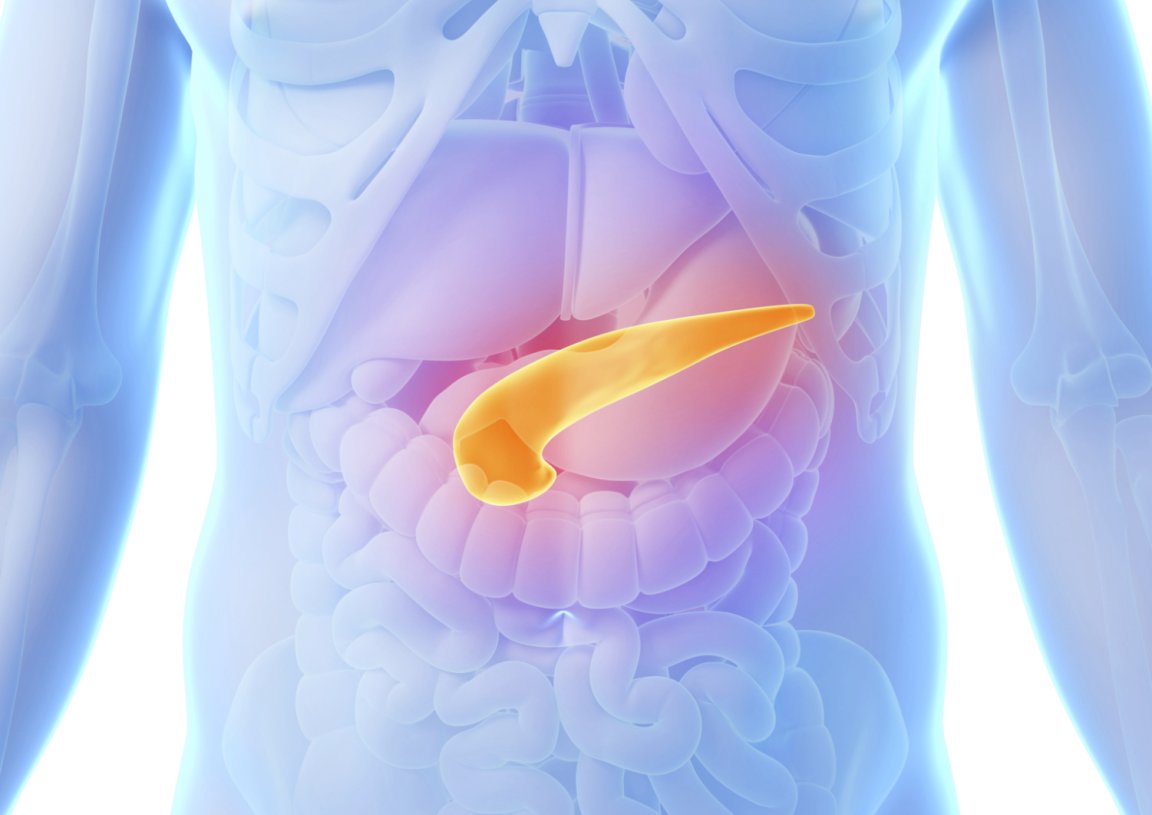
- Type 1 diabetes, previously known as juvenile diabetes, affects about 1.25 million Americans. About 200,000 of them are under 20 years old. The condition arises when a person’s own immune system destroys the pancreas cells that make insulin, the hormone that converts blood sugar into energy. To make up for this loss of insulin production, patients must take insulin daily.
- The researchers designed an algorithm that monitors blood sugar levels and computes an insulin dose that it delivers quickly and automatically when necessary. The algorithm is designed to work with implanted devices, specifically with an artificial pancreas, and would overcome the delays experienced with current devices.
- Computer testing of the algorithm simulated the rise and fall of glucose that would correspond to meals and an overnight period of sleep. The artificial pancreas maintained blood glucose within the target range nearly 80 percent of the time. The researchers say they will soon test the device in animals.